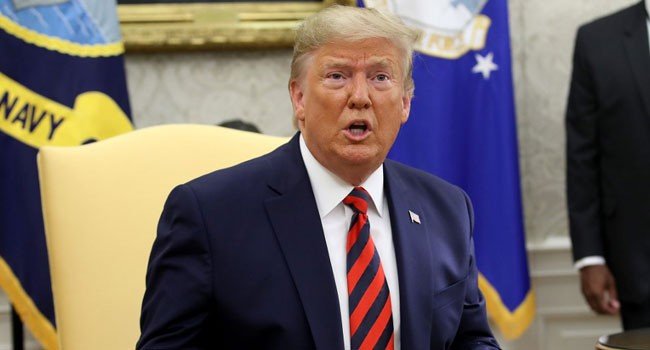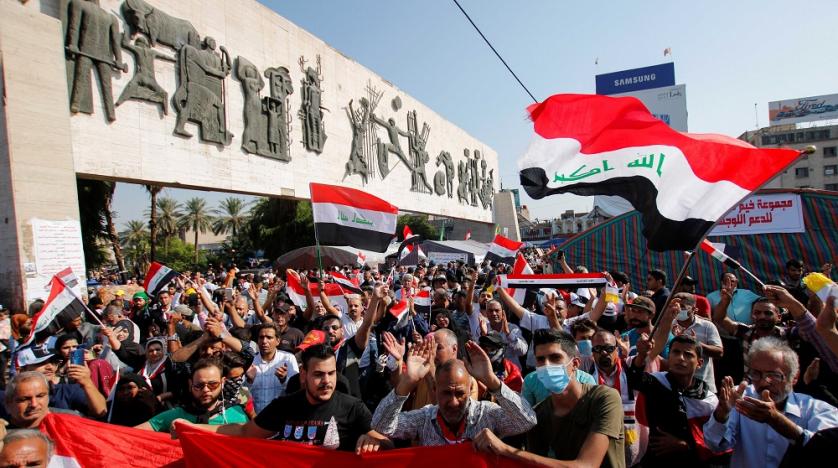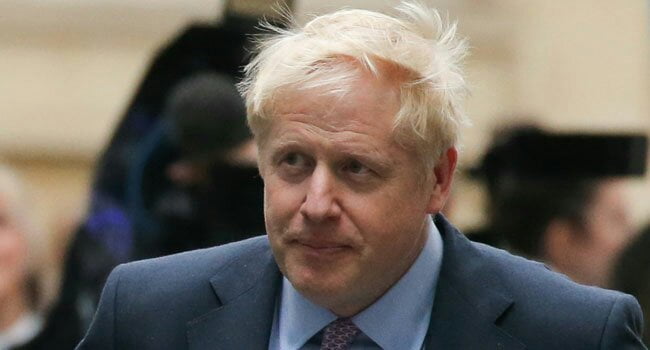Washington and Beijing are making “headway” on key issues in their ongoing trade dispute and discussions will continue
the US Trade Representative’s office said following a phone call between senior officials. President Donald Trump heralded a major win in his offensive against China two weeks ago, saying the economic powers were close to concluding a “substantial phase one deal.” However the details were, and remain, scarce and the two sides have not announced rollbacks of existing tariffs on hundreds of billions of dollars in trade. US Trade Representative Robert Lighthizer and Treasury Secretary Steven Mnuchin spoke with China’s Vice Premier Liu He Friday on “Phase One of the US-China trade agreement,” the USTR announced.
“They made headway on specific issues and the two sides are close to finalizing some sections of the agreement,” the statement said.
The Chinese Commerce Ministry said Saturday both sides agreed to “properly address each other’s core concerns.”
China will lift a ban on US poultry imports while the United States will import Chinese-made cooked poultry and catfish products, it said in a statement.
Both sides have said discussions will go on continuously at the deputy level and the top trade officials will have another call “in the near future.”
Trump said China committed to a surge in purchases of US farm products and the deal also covers intellectual property, financial services and currencies.
The White House held off on a massive tariff increase planned for October 15 on $250 billion in Chinese goods but new 15 percent tariffs on another $150 billion in goods are still scheduled for December.
– Eager for a deal? –
Trump said he expected to sign an agreement with Chinese leader Xi Jinping on the sidelines of the APEC summit in Santiago, Chile in mid-November.
“We’re doing very well with China,” Trump told reporters on Friday. “China wants a deal. They’d like to see some reductions in tariffs.”
With hundreds of billions of dollars in two-way trade now subject to steep tariffs, there are mounting signs the trade war — now in its second year — has damaged the world economy, adding to pressure on both sides to strike a deal.
The International Monetary Fund has issued increasingly dire warnings about the conflict, saying the impact has moved beyond the theoretical and is inflicting real harm, potentially shrinking the global economy by $700 billion in 2020.
At a gathering of world finance officials in Washington last week, IMF chief Kristalina Georgieva said that, with the trade tensions undermining confidence and business investment, “peer pressure” is building to oblige all sides to play by the rules.
But Trump, who has had to provide massive aid to US farmers hit by Chinese tariffs, insists the deal will be a boon for the farm sector.
“They really want a deal. They’re going to be buying much more farm products than anybody ever thought possible,” he said of China



